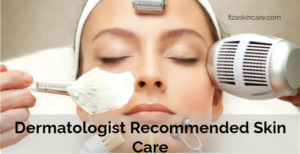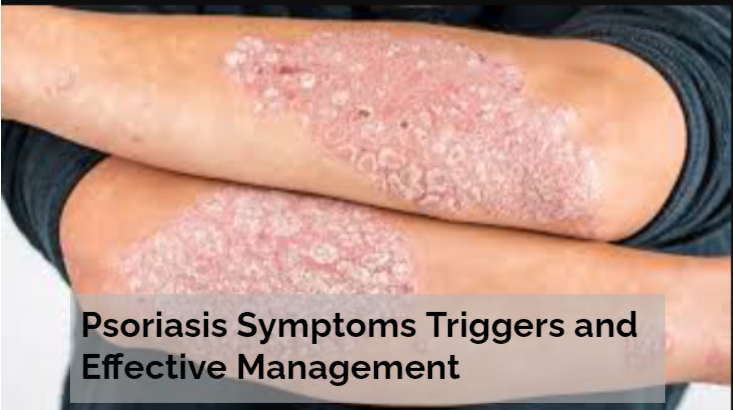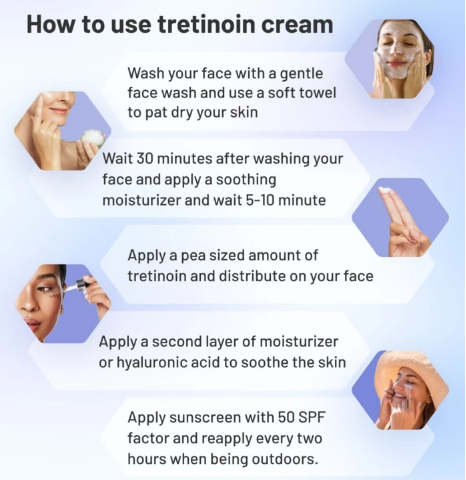Dermatologist Recommended Skin Care and keeping up healthy, radiant skin requires a thoughtful and effective skincare routine. With the abundance of products available in the request, it can be inviting to choose the right bones for your specific requirements. Dermatologists, as experts in skin health, play a pivotal part in guiding individualities towards effective skincare practices. In this composition, we will explore dermatologist- committed skin care tips and products to help you achieve your skin pretensions.

Understanding Your Skin Type
Before diving into a skincare routine, it’s all important to deduce your skin type. Dermatologists often categorize skin into common types such as oily, dry, combination, sensitive, or normal. Relating your skin type enables you to choose handiworks that contend your unique requirements and enterprises.
concluding your skin type is a abecedarian step in creating an effective skincare routine acclimatized to your individual requirements. distinctive skin types have distinct characteristics, and using some thing else products designed for your specific type can help address companies and promote overall skin health. Here are common skin types and how to identify them:
Normal Skin
- Characteristics: Balanced, neither too oily nor too dry.
- Identifying Factors: Smooth texture, no excessive oiliness, minimal sensitivity, and few blemishes.
- Recommended Skincare: A mild cleanser, a light moisturizer, and regular sun protection.
Oily Skin
- Characteristics: Excessive oil production, enlarged pores, and a tendency for acne.
- Identifying Factors: Shiny complexion, visible pores, and a predisposition to blackheads and whiteheads.
- Recommended Skincare: Oil-free cleansers, non-comedogenic moisturizers, and products with salicylic acid to control oil.
Dry Skin
- Characteristics: Lack of moisture, rough texture, and potential flakiness.
- Identifying Factors: Tightness, dullness, visible fine lines, and a tendency for redness.
- committed Skincare Hydrating cleaners, rich moisturizers with constituents like hyaluronic acid, and a gentle exfoliant to remove dead skin cells.
- Combination Skin
- Characteristics: A mix of oily and dry areas on the face.
- Identifying Factors: Oily T-zone (forehead, nose, and chin) and drier cheeks.
- Recommended Skincare: A balanced routine, using different products for oily and dry areas. Gel-based cleansers and lightweight moisturizers work well.
Sensitive Skin
- Characteristics: Prone to redness, irritation, and reactions to certain products.
- Identifying Factors: Easily irritated by environmental factors, fragrance, or harsh ingredients.
- Recommended Skincare: Hypoallergenic and scent-free handiworks, gentle cleaners, and soothing constituents like chamomile or aloe vera.
Mature or Aging Skin
- Characteristics: Loss of elasticity, Pimple Scars, fine lines, and wrinkles.
- Identifying Factors: Sagging skin, age spots, and reduced collagen production.
- Recommended Skincare:Products withanti-ging constituents analogous as retinoids, peptides, and antioxidants. Moisturizers with added hydration are essential.
Acne-Prone Skin
- Characteristics: Prone to frequent breakouts and blemishes.
- Identifying Factors: Blackheads, whiteheads, and inflamed pimples.
- Recommended Skincare: Non-omedogenic handiworks, gentle cleaners, and constituents like salicylic acid or benzoyl peroxide to control acne.
FlashBack that your skin type can change over time due to factors like age, ambience, and life. Regularly reassessing your skin’s needs and adjusting your skincare routine accordingly ensures that you’re providing the best care for your skin at every stage of life. Still, advising with a dermatologist can give substantiated admonishment and recommendations, If you have specific enterprises.
Gentle Cleansing
Dermatologists emphasize the importance of a gentle yet effective cleanser. A mild, fragrance-free cleanser helps remove dirt, oil, and makeup without stripping the skin of its natural moisture. Look for constituents like glycerin or hyaluronic acid for subjoined hydration. Gentle sanctification is a pivotal aspect of any effective skincare routine, helping to remove contaminations, superfluous oil painting, and makeup without adventuring the skin’s natural hedge. Here are key considerations and tips for incorporating gentle cleansing into your daily skincare regimen:
Choose the Right Cleanser
Opt for a mild, soap-free cleanser that matches your skin type. Look for terms like “gentle,” “hydrating,” or “sensitive skin” on the product label.
Avoid harsh Constituents similar as sulfates, alcohol, and man-made spices, as these can strip the skin of its natural canvases .
Lukewarm Water
Use lukewarm water when cleansing. Hot water can be too harsh and strip the skin of its natural oils, leading to dryness and irritation.
Cleanse Twice a Day
Establish a morning and evening cleansing routine. This helps remove concentrated dirt and oil painting, preparing your skin for posterior skincare way.
Gentle Massage Technique
Apply the cleanser using gentle, circular motions with your fingertips. Avoid using baroque pressure, as this can irritate the skin, especially if you have sensitive or acne-prone skin.
Pat Dry, Don’t Rub
After cleansing, pat your face dry with a soft, clean towel. Avoid rubbing, as this can contribute to irritation and redness.
Be Mindful of Exfoliation
Exfoliation is important, but limit it to a few times a week. Over-exfoliating can strip down the skin’s self- rotective hedge, leading to increased perceptivity.
Double Cleansing (Optional)
Consider double cleansing, especially if you wear makeup or sunscreen. Start with an oil painting- grounded cleaner to dissolve these products, postdated by a water- grounded cleaner to remove any remaining residue.
Know Your Skin Type
Different skin types require different formulations. Oily skin may benefit from gel-based cleansers, while dry skin may benefit from cream or lotion cleansers.
Avoid Over-Cleansing
Resist the temptation to over-cleanse, even if you have oily skin. Over-cleansing can lead to rebound oil production as the skin tries to compensate for lost moisture.
Patch Test New Products
Before incorporating a new cleanser into your routine, perform a patch test to ensure it doesn’t cause irritation or allergic reactions.
Adjust for Seasonal Changes
Consider adjusting your cleanser based on seasonal changes. For example, a more hydrating cleanser may be beneficial during colder, drier months.
Consult a Dermatologist
If you have specific skin concerns or conditions, consult with a dermatologist. They can provide personalized advice and recommend products tailored to your skin’s needs.
assimilating gentle Sanctification into your diurnal skincare routine sets the foundation for a healthy and balanced complexion. It not only helps conserve clean skin but also prepares the oil for the immersion of posterior skincare products.
Daily Sun Protection
Sunscreen is a non-negotiable step in any dermatologist-recommended skincare routine. Sun exposure can lead to inopportune aging, saturation, and an increased threat of skin cancer.Opt for a broad-spectrum sunscreen with at least SPF 30 and apply it daily, even on cloudy days.
Moisturize Regularly
Keeping the skin hydrated is crucial for maintaining its health and elasticity. Dermatologists often recommend using a moisturizer suitable for your skin type to prevent dryness and promote a supple complexion. Ingredients like ceramides and niacinamide are popular choices for their skin-nourishing properties.
Incorporate Antioxidants
Antioxidants help battle free revolution aries, which contribute to aging and skin damage.Vitamin C, E, and ferulic acid are commonly recommended antioxidants. Including a serum or moisturizer with these ingredients in your routine can help protect your skin from environmental stressors.
Retinoids for Anti-Aging
Dermatologists often recommend retinoids (derived from Vitamin A) for their proven anti-aging benefits.Retinoids stimulate collagen product, degrade fine lines, and ameliorate skin texture.Start with a lower concentration and gradually increase to minimize potential irritation.
Specialized Treatments
For specific skin concerns like acne, hyperpigmentation, or rosacea, dermatologists may recommend targeted treatments. Ingredients such as salicylic acid, benzoyl peroxide, or alpha hydroxy acids can be incorporated based on individual needs.
Regular Skin Check-ups
Periodic visits to a dermatologist are crucial for maintaining skin health. Regular check- ups allow dermatologists to impose your skin, address enterprises, and recommend adaptations to your skincare lockstep grounded on changes in your skin type or life.
Conclusion
Following a dermatologist- commended skincare routine is a visionary avenue to achieving and keeping up healthy, beaming skin. Understanding your skin type, using gentle products, prioritizing sun protection, and assimilating targeted treatments can contribute to a skincare authority acclimatized to your unique requirements. Flash back, thickness is crucial, and consulting with a dermatologist can give substantiated guidance for optimal skin health.



